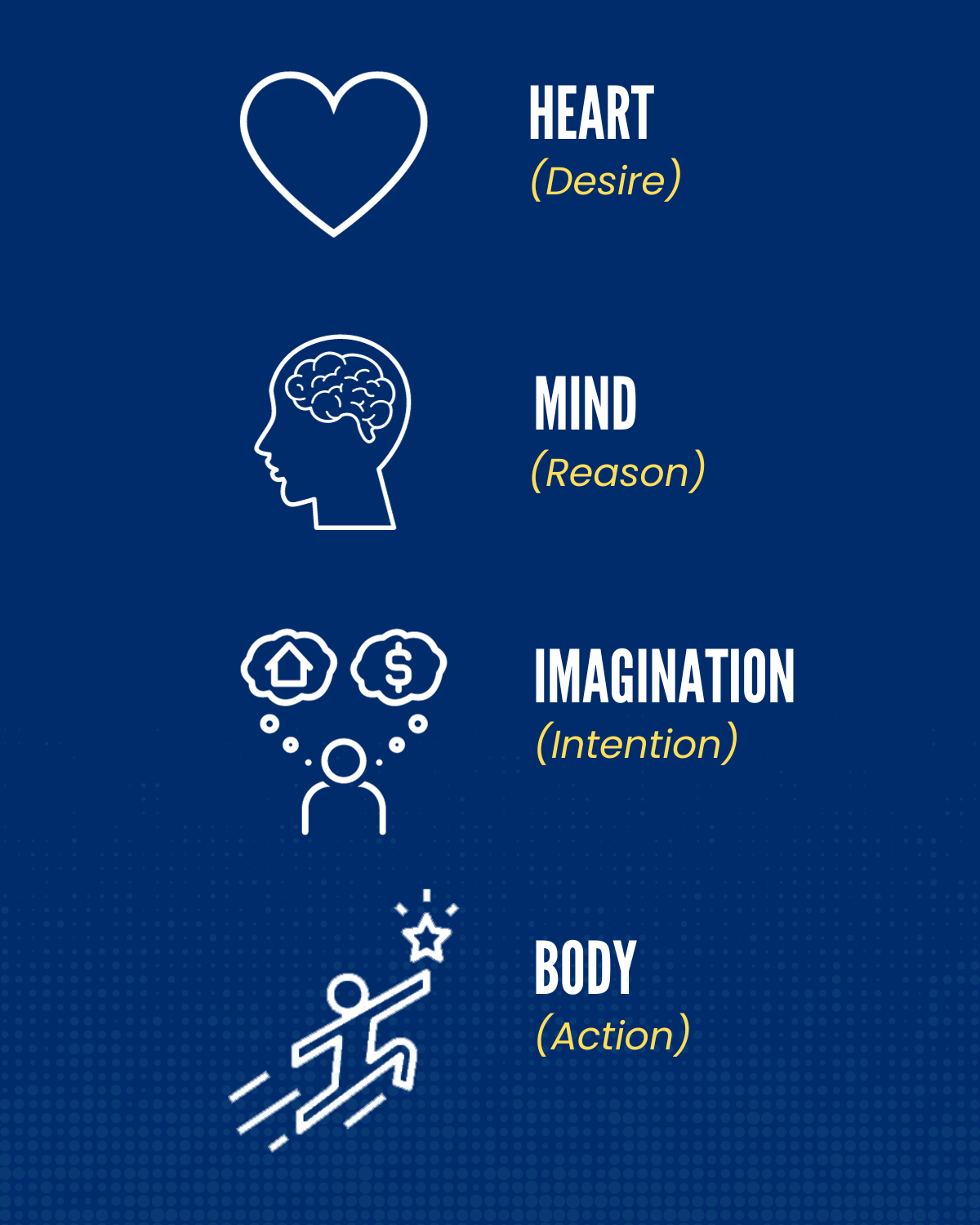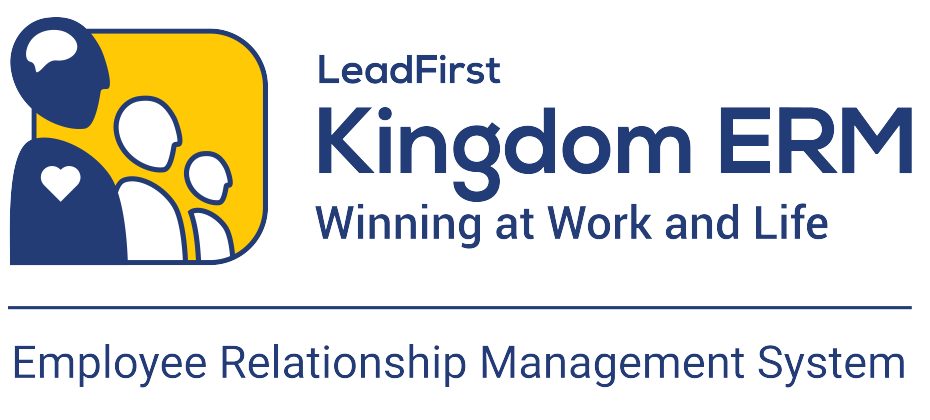Achieve More with Self-Leadership
We've all heard the phrase, “You can't lead others unless you can lead yourself.”
What does that mean? What is self-leadership? How does it work?
There's an ancient story in the Bible that explains that the makeup of humankind consists of four parts:
- The first is our heart, the source of desire, the things we want.
- The second is our mind, which is the source of reason, applying what we've learned to our desires so we're not just guided by our unfiltered desires.
- The third is imagination. At the end of our thinking, we have created a plan — of a job, spouse, or career — or something else we want.
- The fourth part is our actions, which pursue what we're imagining.
To be a leader, it's really helpful to understand how those four parts work in you and, ultimately, how they work in other people.

A Self Leader Invests in Thinking About Thinking
Self-leadership is the idea that you aren't conformed or shaped by this world, but your actions come from the inside out. They come from who you are, what you believe, desire, and reason and wisdom.
Your actions are not a reaction to what other people do. Victor Frankel referred to this as the last freedom:
“The last of the human freedoms: to choose one's attitude in any given set of circumstances, to choose one's own way. And there were always choices to make.
Every day, every hour, offered the opportunity to make a decision, a decision which determined whether you would or would not submit to those powers which threatened to rob you of your very self, your inner freedom; which determined whether or not you become the plaything to circumstance, renouncing freedom and dignity...”
―
Victor Frankl,
Man's Search For Ultimate Meaning
The Bible says it this way:
“Don't be conformed to this world, but be transformed by the renewing of your mind.”
A self-leader is someone who invests in thinking about their thinking and understanding what it is they want at the deepest level. A self-leader has the reason, the experience, and the training to think correctly about the outcomes of that desire and develop the skills to pursue it.
How Can You Put Self-Leadership into Practice?
Let me give you a very personal example. The material I'm covering today in these briefings is really important to me. I've spent decades learning the depth of truth the hard way, I see other people who are much better presenters or speakers than I am. It frustrates me that I am not better at conveying these important things.
That reaction, tension and anger —if you want to call it that — or frustration that I may have on some issue can redirect me to spending my time in a pity party, focusing on, ”I'm not as good as other people at this.”
But if I go back and think about my desires —to communicate truth to people that will help them — how do I best go about that?
It's not by spending my energy comparing myself to others. Instead, I learn from them. This redirects me to think properly about self-leadership. “If I want this — if I want to communicate better — how do I do it?” I must go back and work on my skills that translate to action. It helps me win in an area of a deep desire to communicate better.
Quit Reacting, Start Acting
So this may be a silly example to you, but we spend so much of our time and energy in our life reacting to what's going on around us rather than being centered on
- What is it I am after?
- What are the steps I need to take?
- Quit reacting to those around us.
We’re not alone in this. Reacting is human nature. Wars and all our troubles and divisions are rooted in this core principle. A person of faith has an extra advantage. We believe there's a Creator behind us, and He gave us certain guidelines about who we should be inside.
We should be truthful. We should be honest. We should seek to work hard to get what we want and not take it from other people. This is a set of principles that help us grow in the inner core of who we are, making us less reactive to the world.
Not everybody shares the same faith, but I have found this way of thinking has accelerated my journey: having a set of beliefs that I can study and meditate on that shape who I am and what I want.
What's the bottom line?
It's back to that truth that says, “If you want to change in this area, don't be conformed to this world, be transformed by the renewing of your mind.”
What you are putting in your mind each and every day reshapes
who you are.
Subscribe to the LeadFirst Briefing
Conquer Chaos in Your Business
- Order copies of Built to Beat Chaos for your team
- Lead your team through the Discussion Guide
- Set a vision for your business with the LeadFirst Purpose Workshop.





